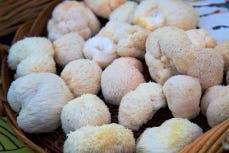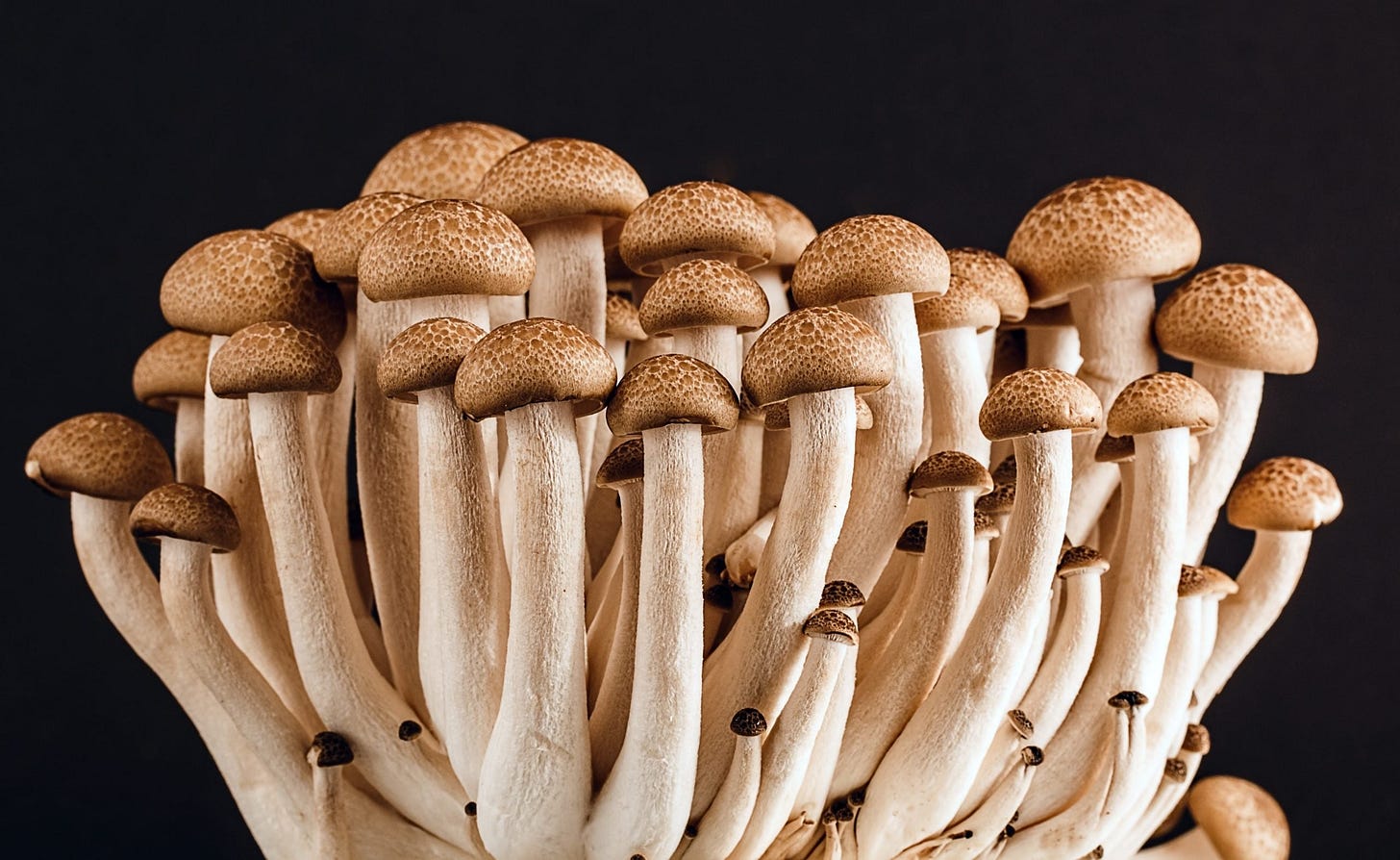Mushrooms: How They Improve Our Cognition
Written by Crystal Ruizmun
It is widely known that mushrooms are most known for their psychedelic and hallucinogenic properties, more so for recreational use. But what not everyone knows is that many of these mushrooms hold compounds that improve our cognition, more so on learning and memory. Some of these compounds include
Many of these mushrooms are very edible and I have tried many of these as well. What a lot of people don’t know is that mushrooms will mimic their environment and what they aid in. Many of these will resemble different organs of the body.
Take a look at Lion’s Mane for example, it slightly resembles the human brain. This is because Lion’s Mane is one of the best mushrooms for the brain. It aids in mood boosting, better focus, anti-inflammatory uses, and even cancer.
From my experience of taking Lion’s Mane and Reishi powder to taking capsule supplements, I can unbiasedly state that they do in fact, improve cognition. I used to suffer from a lot of brain fog and low attention span, resulting in less desired productivity. I have always had a fascination toward mushrooms so I researched them and found their properties.
A mushroom like the honeybee mushroom has an anatomy that is composed of mini circuits, ones that may resemble neurons and dendrites.
We can definitely see that these mushrooms hold a place for future research in the medical field for their compounds. Some of these useful compounds include antioxidants, protein, and almost every essential vitamin to stand at good health.
Knowing this, it is essential to keep in mind that our brain is the most important organ in our body, it is our control center. Keeping our brain healthy and functioning is key in maintaining overall health.
References:
Malia Frey, M. A. (2024, May 17). Lion’s mane side effects, benefits, dosage, and more. Verywell Fit.
https://www.verywellfit.com/lion-s-mane-nutrition-facts-and-health-benefits-5185393
WebMD. (n.d.). Lion’s mane mushrooms: What are the benefits? WebMD. https://www.webmd.com/diet/what-are-the-health-benefits-of-lions-mane-mushrooms
Caron, S., & Abbott, L. F. (2017). Neuroscience: Intelligence in the Honeybee Mushroom Body. Current biology : CB, 27(6), R220–R223. https://doi.org/10.1016/j.cub.2017.02.011
Sabaratnam, V., Kah-Hui, W., Naidu, M., & Rosie David, P. (2013). Neuronal health - can culinary and medicinal mushrooms help?. Journal of traditional and complementary medicine, 3(1), 62–68. https://doi.org/10.4103/2225-4110.106549
Chugh, R. M., Mittal, P., Mp, N., Arora, T., Bhattacharya, T., Chopra, H., Cavalu, S., & Gautam, R. K. (2022). Fungal Mushrooms: A Natural Compound With Therapeutic Applications. Frontiers in pharmacology, 13, 925387. https://doi.org/10.3389/fphar.2022.925387
Written by Crystal Ruizmun from MEDILOQUY



